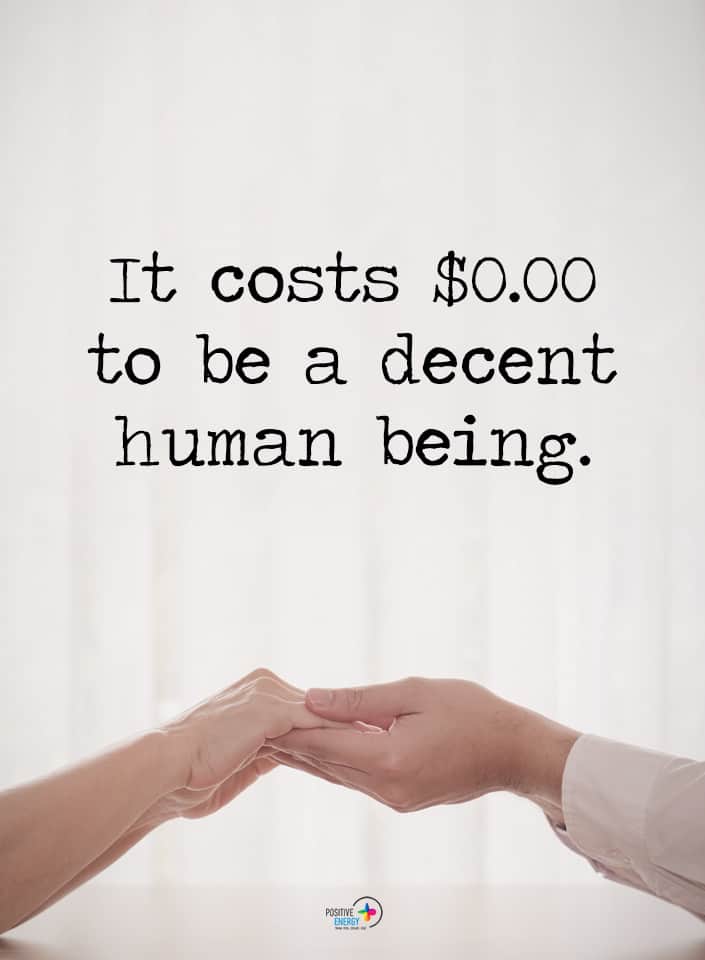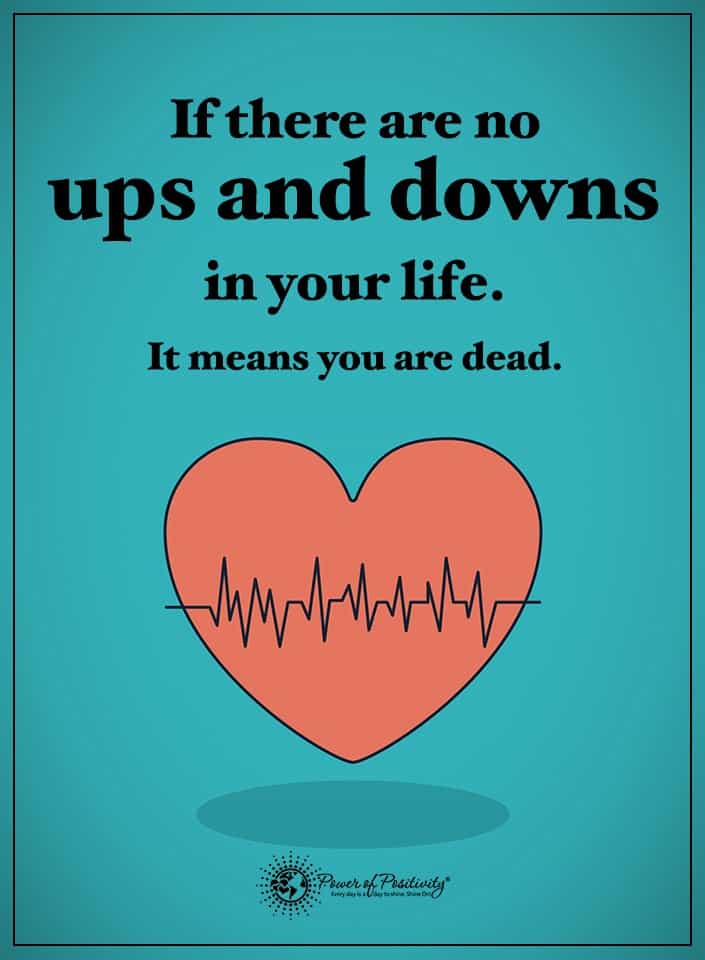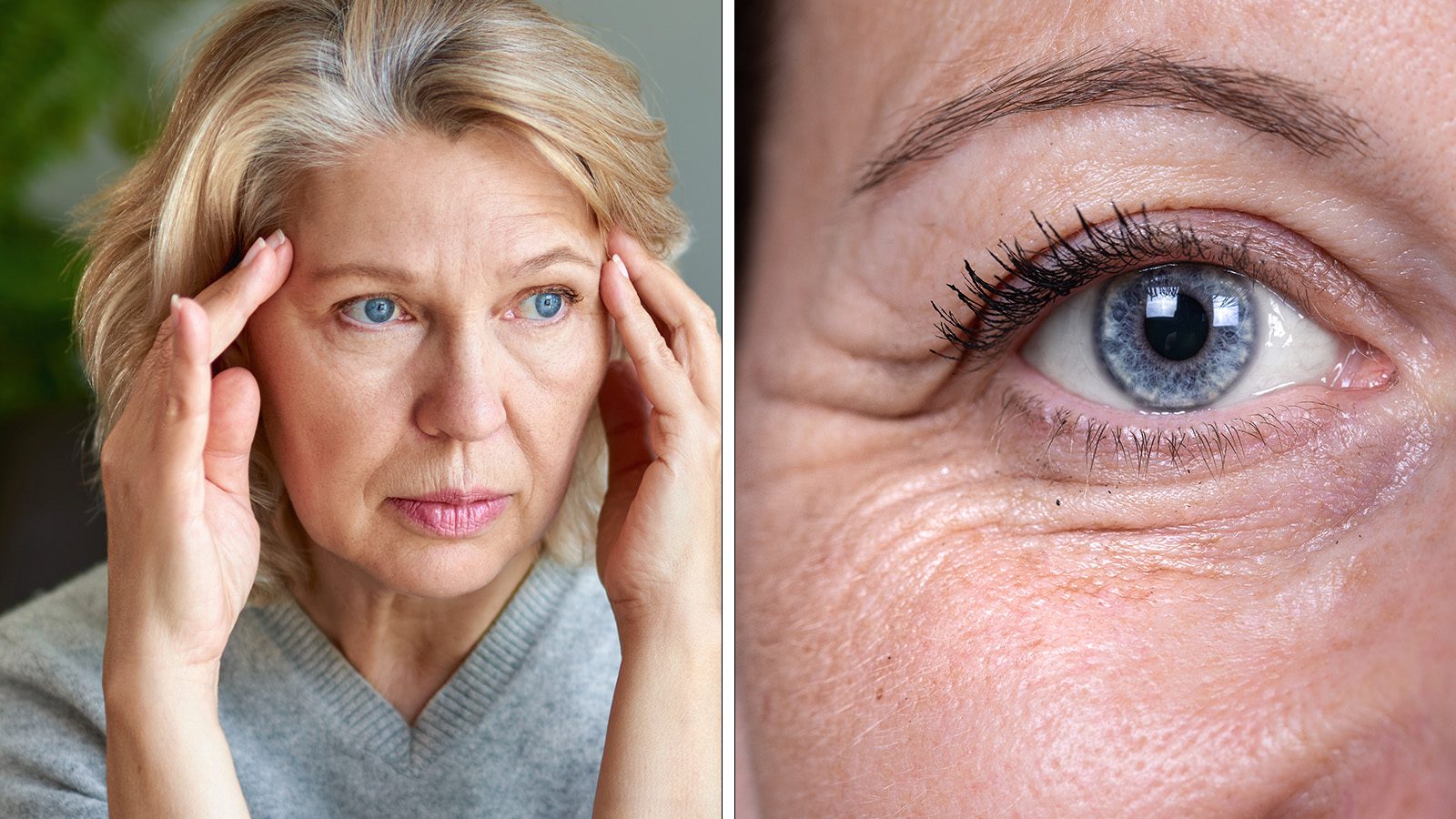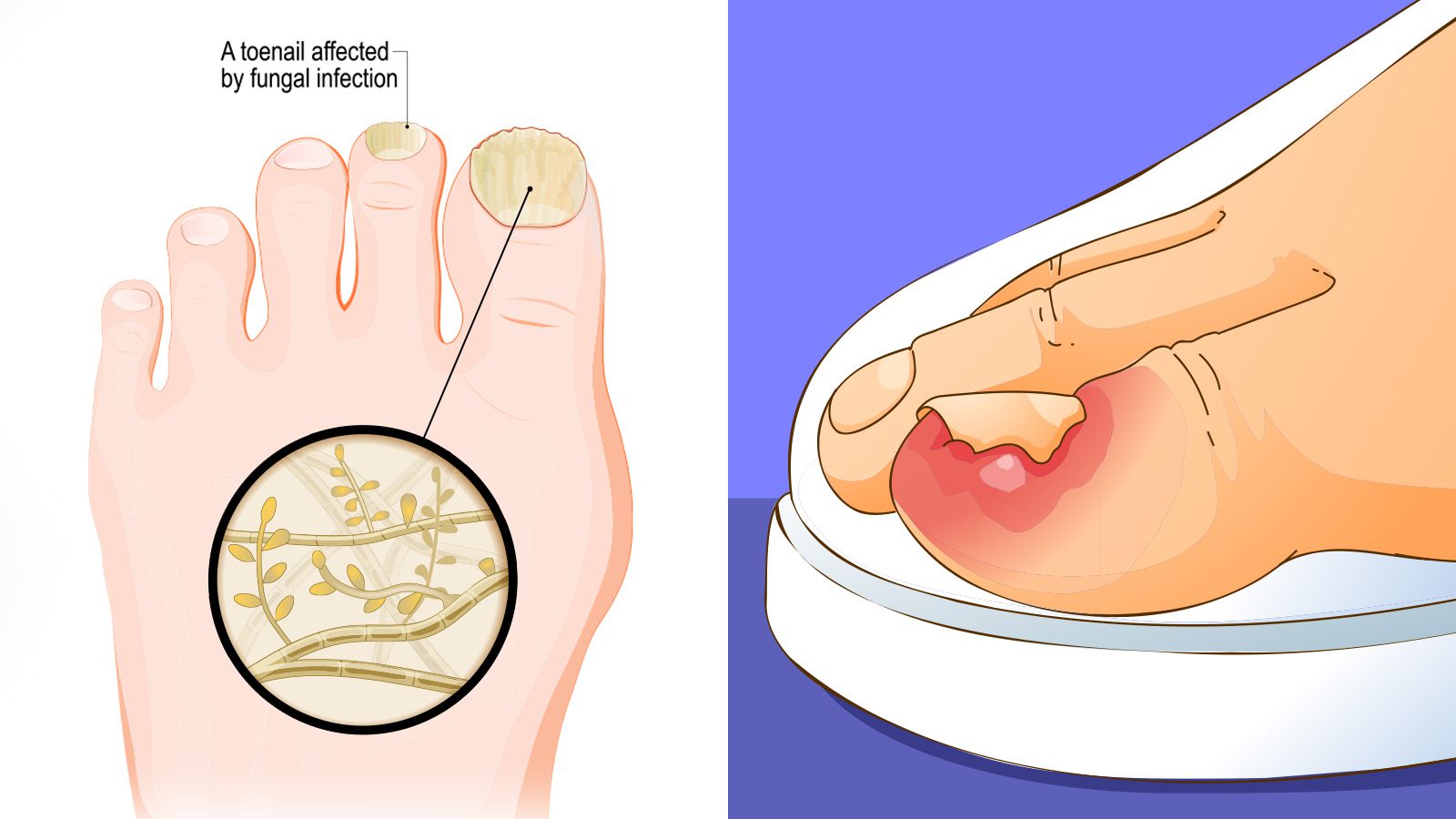Oxytocin is a hormone produced primarily in the hypothalamus and acts as a neurotransmitter in the brain. It plays a massive role in the female reproduction system during childbirth and lactation. But, the hormone is best known as the “love hormone” because of how it increases with touch and stimulation. This powerful hormone plays a huge role in relationships and how we partner up with others.
What Is Oxytocin?
The hormone oxytocin is a messenger, controlling your reproductive system for childbirth, lactation, and more. It’s produced in your hypothalamus and gets secreted into your bloodstream. Oxytocin gets secreted when the neurons in your brain cells are excited.
What Role Does Oxytocin Play?
Oxytocin has two primary jobs in your body. It controls childbirth and certain human behaviors.
Oxytocin and Childbirth
During childbirth, it causes contractions of the uterine muscles. Synthetic oxytocin is often given to women to strengthen the contractions to induce labor if it’s not starting naturally. It might also speed up the delivery of the placenta. The placenta is an organ attached to the uterus. It provides oxygen and nutrients to a growing baby. Speeding up the contractions to deliver the placenta helps prevent heaving bleeding after childbirth. During breastfeeding, oxytocin enhances the movement of milk through the breast.
In men, oxytocin’s role is to transport sperm and produce testosterone in the testes.
Human behaviors
Oxytocin’s second job is to act as a chemical message to your brain. It has a vital role in sexual arousal, romantic attachment, recognition, and trust. Because of this activity, it’s often called the “love hormone.”
Oxytocin and depression
Oxytocin’s effect on the brain is complex. Researchers suggest there may be a role that oxytocin may play a role in depression disorder. They’re still unsure of the full benefits of this hormone. There’s hope that oxytocin could treat depression and anxiety disorders. Other research is underway on oxytocin’s role in different conditions, such as these:
- Post-traumatic stress (PTSD)
- Anorexia
- Addiction
It’s possible to have too much oxytocin in your body. Men with too much end up with the condition that affects their prostate. This excess is typical in older men and causes difficulty urinating.
Is it really a love hormone?
Even though oxytocin is called the “love hormone,” it doesn’t always give you warm, fuzzy feelings. A recent study found that too much oxytocin causes emotional pain. When you go through a stressful social situation, this hormone strengthens your bad social memories in specific brain regions. Just as oxytocin intensifies good memories, it also intensifies negative feelings and increases your fear and anxiety in the future. Researchers hope to understand better oxytocin’s two roles of reducing stress or enhancing anxiety and manipulating it to prevent these effects.
Can you have too little oxytocin?
Science links low oxytocin to autistic spectrum disorder (ASD). Researchers think that oxytocin could be helpful to treat this disorder.
Ten Ways to Boost Your Oxytocin Levels
Here are ten ways to increase this hormone in your body:
1. Physical touch.
Hugs, kisses, and cuddling increase oxytocin levels quickly. WebMD explains how men react to intimacy showed that under the influence of oxytocin, two areas of the brain responsible for feelings of reward and pleasure lit up when men saw their partner’s faces. But the sight of other women had the opposite effect, suppressing feelings of joy. Oxytocin triggers a reward system that activates and releases when we are in loving relationships. Physical touch is stimulating. The hormone releases during intimacy, and for men, it only occurs when with someone they love.
2. Words of encouragement.
When we hear a compliment, we feel good about ourselves. We believe we are being loved and held in high esteem. The same effect works on this level as well. The “feel-good” hormone increases when we are caring and compassionate with another, or vice versa. Words have a powerful frequency. When we feel loved and we relate to it, oxytocin increases. The same goes for giving a compliment to another. The kindness you put out into the world also increases oxytocin.
3. Listen.
Everyone wants to feel acknowledged. We all want to know that our loved ones hear and accept us. Listening is a fantastic way to increase oxytocin. When you are present with another, you can feel the connection. Listen attentively. Put the phone down. Close the computer. Make time to be one-on-one with another. You will find a sense of reward that is priceless. Also, listening to music or something we enjoy releases dosages of the little hormone as well.
4. Smile and laugh.
Have you observed how kids play? They smile and laugh a lot. Whenever they are in that moment, they release oxytocin. Smiling is contagious. It’s one of those things that you cannot help but return to when it is geared at you. Research has shown that laughter and smiling improve health through many physiological changes. Most of the time, it happens unconsciously. Happy people live for joyous moments. Their oxytocin is constantly being released. Laughter creates a sense of joy, the most significant trade-off in life.
5. Meditate and pray.
When you are clear-headed and relaxed, your hormones are balanced. Oxytocin increases when you are not in fight or flight mode. Prayer and meditation allow the mind to detach from stress. It lowers blood pressure and allows the body to feel balanced. Mind, body, and spirit find a way to connect. Make time for it at some point in the day. You can do it for five minutes anywhere.
6. Exercise.
Endorphins and oxytocin increase during exercise. Oxygen travels to the brain and other parts of our bodies. Training is not just for keeping your body functioning correctly. The number of hormones released to the brain is also beneficial. You don’t have to go to a gym. Walking around the block or doing gentle yoga can also bring on these benefits.
7. Cry.
Studies have shown that suppressing your emotions lowers oxytocin levels. Withholding your feelings and not dealing with them causes stress and other physical issues in the body. Your emotional state should be imbalanced with your spiritual and physical bodies. The release of tears allows the body to return to a state of calmness instead of holding on to anger or frustration.
8. Give.
We feel good when we give, volunteer, and do for others. Give gifts, give your time, give to charity and give thanks. Gratitude is a significant factor in how we feel. Give of yourself and watch how great you will feel. Oxytocin produces the feeling of bonding with others. Giving is a form of human bonding. This is a natural and easy way to increase your oxytocin while helping another.
9. Get creative.
Creativity helps de-stress the mental mind. While you are creating, you aren’t worrying or fearing anything. As you paint, draw, sew, journal, write, play an instrument, or anything that takes you out of a regular routine, you allow the good hormones to take over in the brain. Endorphins are released, and oxytocin is charged up. Making time to use your talents is imperative to inducing joy.
10. Get a pet.
Animals have a way of calming us. You enter the house, and your cat and dog are anxiously waiting for you to give them love. The same effect oxytocin has on touching another person works on petting your animals. Research shows that touching your pets lowers your blood pressure and increases your oxytocin levels.
Final Thoughts On Increasing Oxytocin
To say that oxytocin is a complicated hormone is an understatement. It plays a critical role for women in childbirth and lactation. In men, oxytocin helps transport sperm and produce testosterone in the testes. We might call oxytocin the “love hormone,” but it doesn’t always reveal love. Sometimes it increases your anxiety and pain, especially in negative social settings. Other times, it reduces anxiety because of depression. They may link too little oxytocin to autism. Researchers hope to understand oxytocin roles and how to control them. In the meantime. We hope this “love hormone” shows you the love.

















